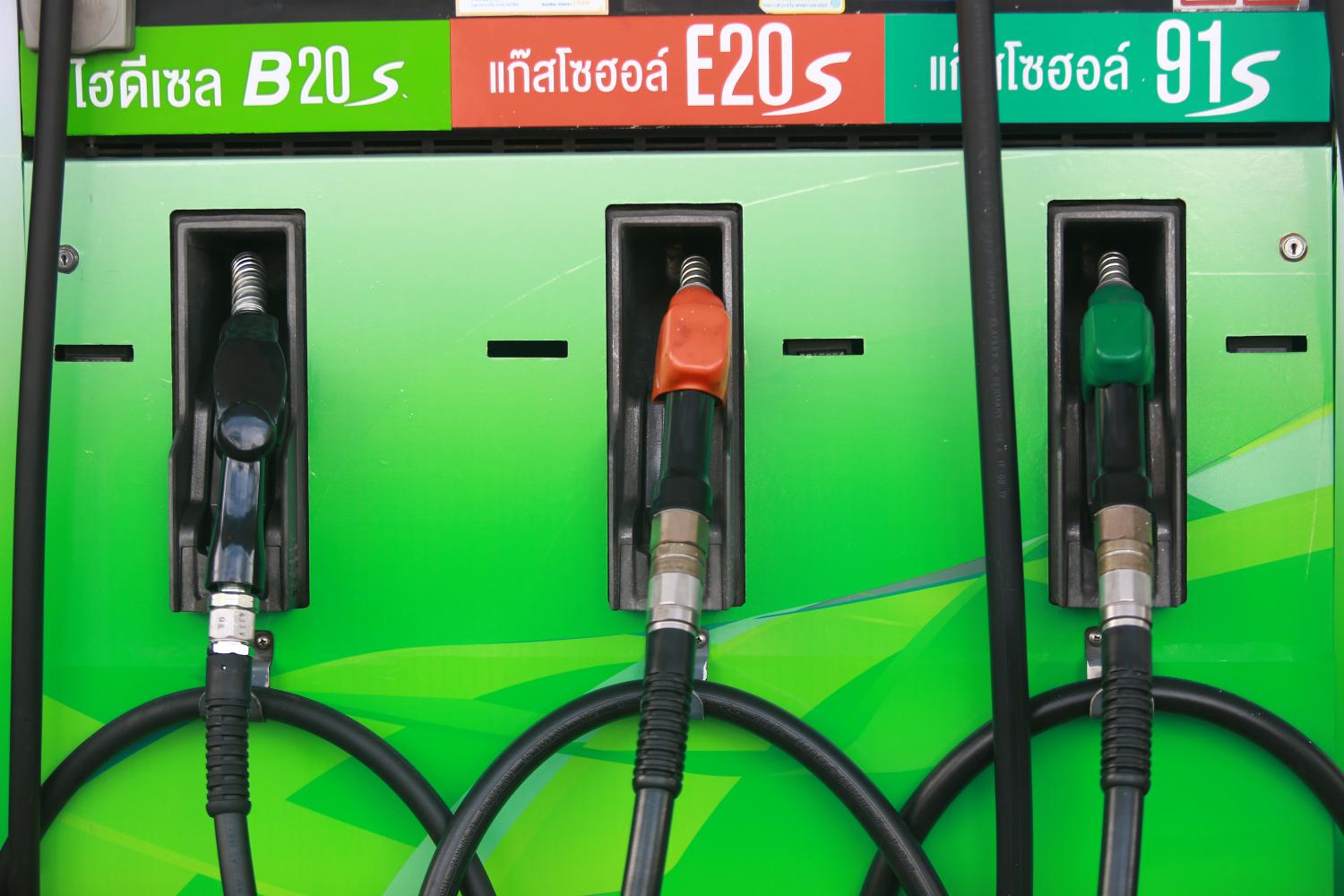
The Energy Ministry plans to phase out one of the nine motor fuels in the local market in the next two months, but it will discuss the plan with refineries and traders before making a decision.
Nantika Thangsuphanich, director-general of the Energy Business Department, said each station has several fuel pumps, making them a cost burden for fuel retailers.
"The department will talk with all stakeholders about the possibility of phasing out one type of fuel in the near future, but we have yet to decide on which type," she said.
At present, each station can sell nine types. For petrol, there is premium grade, gasohol 91 and 95, and E20 and E85; for diesel, there is premium grade and biodiesel B7, B10 and B20.
In the past, the department attempted to phase out gasohol 91, leaving gasohol 95, but there were objections from motorists.
The Energy Ministry shifted to Plan B, subsidising gasohol 95 to make it one baht per litre cheaper than gasohol 91.
In related news, the department has estimated that the shift to B10 from B7 starting in January 2020 will absorb 2.2 million tonnes of surplus crude palm oil a year, or two-thirds of the total supply.
B7 will be downgraded from a fundamental diesel to an alternative one because some European cars are compatible with B7.
Ms Nantika said refineries, traders and methyl ester (B100) makers are ready for the mandatory shift after many discussions with the department.
"All local fuel makers have complied with international standards for B100 and B10," she said. "We will talk with European car makers to provide opinions on how to shift from B7 to B10 without harming the engines."
Ms Nantika said B7-compatible vehicles account for half of the 5 million cars registered as diesel engines.
The department plans to phase out B7 from petrol stations later, she said.
Separately, the department reported yesterday that the country's diesel consumption from January to August rose by 1.7% to 64.9 million litres a day.
Consumption of all types of petrol for the period rose by 3.9% to 32.1 million litres a day, while jet fuel consumption edged up 0.1% to 19.3 million litres a day.
Consumption of liquefied petroleum gas rose by 1.2% to 18,000 tonnes a day during January to August. But use of compressed natural gas fell by 11.1% to 5,600 tonnes a day in the period.
The small increases reflected the slow growth of the Thai economy, Ms Nantika said.
Crude oil imports during January to August fell by 10.7% to 915 kilobarrels a day (KBD) due to an emergency shutdown of oil refineries in Thailand. But refined oil imports for the period rose by 12.4% to 79 KBD.
Refined oil exports dropped 24.5% to 166 KBD during the first eight months.
The department predicts 2019 fuel consumption to stay at 32.19 million litres a day (+3.7%) for petrol and 71.68 million litres a day (+7.9%) for diesel.